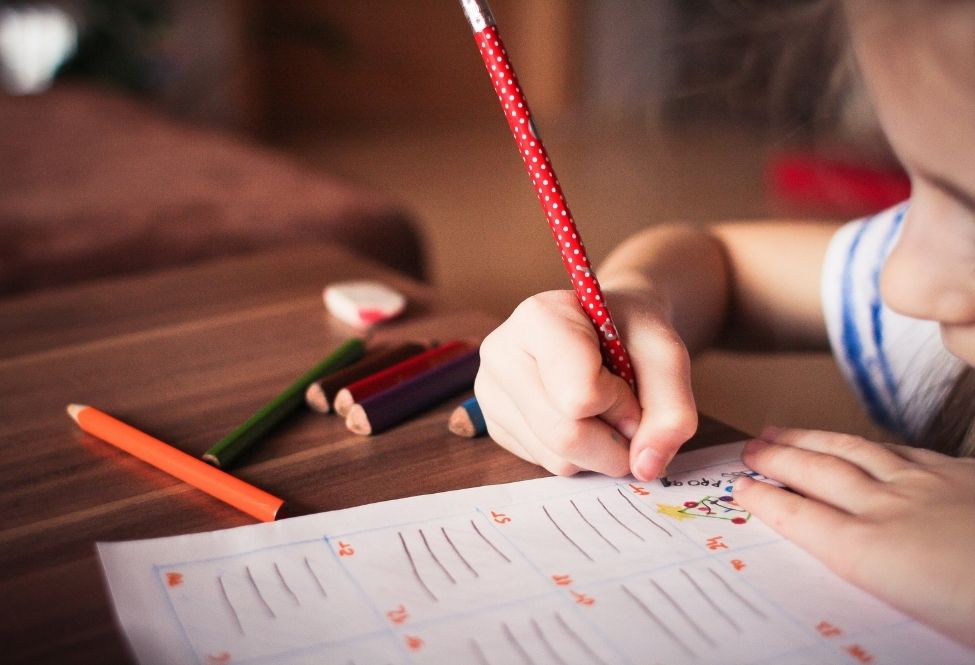While screens and keyboards rule our society, some countries, such as Finland and 45 states in the United States, have decided that cursive writing will no longer be taught to children. Calligraphy is now replaced by typing, which is considered more useful.
But is giving up this teaching really without consequences? The question is being debated, and for good reason: relegating pens to the status of anecdotal accessories is a major cultural transformation.
For some, learning to write at a very young age represents a slowing down of their development, limiting them to a field of exploration restricted to the limits of their paper. For others, it is the opposite: handwriting is an excellent stimulant for the brain, concentration, and fine motor skills.
What will happen in the future? Will our civilization come to teach writing as a discipline in its own right, in the way that early copyists and calligraphers taught writing as an elitist art? Technology is forcing the man to adapt to the world of the future, according to the proponents of change.
But for others, cursive writing is indispensable, especially on a social level.
With our personal notes, correspondence, and every handwritten document, we can preserve our writing. Imagine a huge power cut for a few days. If no one is able to write by hand, then no one will be able to record anything. Handwriting is crucial to freedom, allowing us to not depend on our computers and tablets to express ourselves. The benefits While screens and keyboards rule our society, some countries, such as Finland and 45 states in the United States, have decided that cursive writing will no longer be taught to children. Calligraphy is now being replaced by typing, which is considered more useful. A survey by Princeton University (USA) has highlighted the fact that students who use this method are better at synthesizing information, which further confirms the benefits of writing.
“Handwriting is crucial to freedom, allowing us to not depend on our computers and tablets to express ourselves. “
While there is still debate about the harmful effects of children’s use of screens, the choice of cultural evolution based entirely on digital technology is still being debated. Especially since the generalization of this practice would suppose that all pupils have digital tools at home, which is not the case for all. On the other hand, voice dictation (provided it is reliable) and spell checkers can be valuable allies for young dyslexics or dysorthographics.
In Switzerland, although the rules governing the teaching of writing have become more flexible over time, the cantons do not seem interested for the moment in taking the risky step of switching from oral to written language in the early years of schooling by means of the keyboard without using a pen.











0 Comments